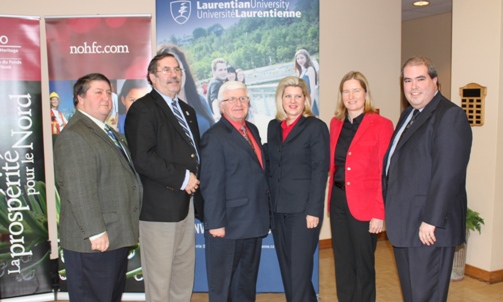The Toronto Star has the largest circulation in Canada. The paper has an enormous impact on federal and Ontario politics as well as shaping public opinion.
AUSTIN, TEXAS—Protesters trying to save the world by sitting in trees or blocking equipment used to build the Keystone XL oil pipeline are learning that environmental activism can be a ticket to lengthy jail time in East Texas.
Matthew Almonte, Glen Collins and Isabel Brooks landed in jail in Tyler on Dec. 3, charged with misdemeanor criminal trespass, resisting arrest and illegal dumping, following efforts to stop work on the TransCanada Corp. pipeline. Each has asked for a reduction in the $65,000 (U.S.) bond that must be posted to get out pending trial, without success.
The trio joined more than 30 others arrested since October near Tyler and Nacogdoches as they tried to halt work on the $7.6 billion (U.S.) pipeline that would bring products of Alberta oilsands to Houston-area refineries. President Barack Obama blocked the northern U.S. leg, citing environmental risks in Nebraska. An updated review of a revised route may be released in days. The southern end runs from Oklahoma through Texas.
“This is the front line where the climate debate comes onto the ground and you can come over and kick it,” said Eddie Scher, a Sierra Club spokesman. The Washington-based group calls itself the largest, most effective U.S. environmental advocate. “There isn’t an inch of space between us and the blockaders.”
























